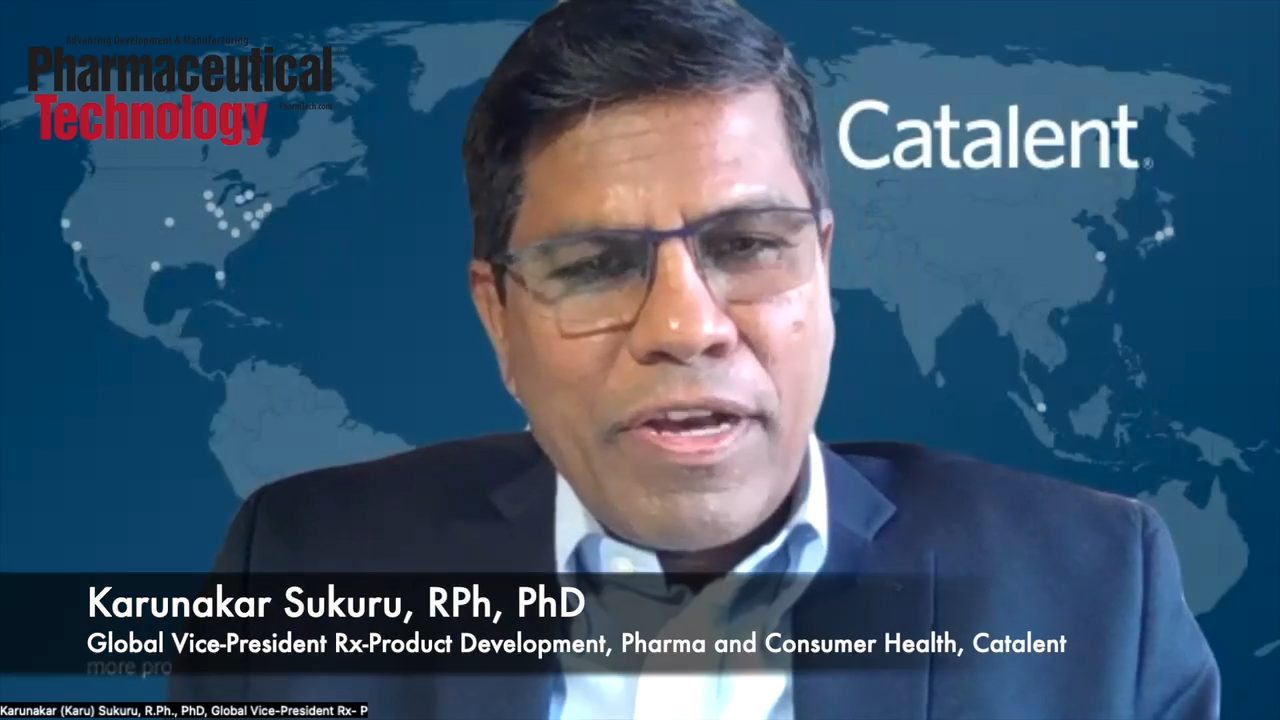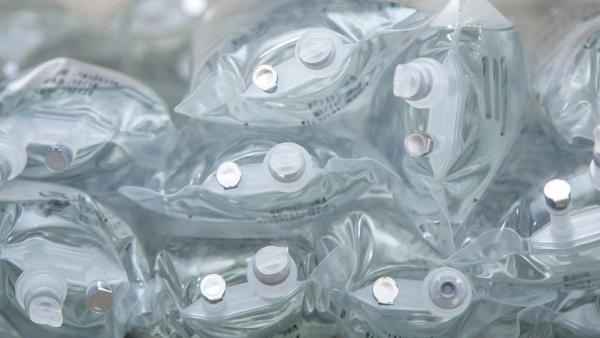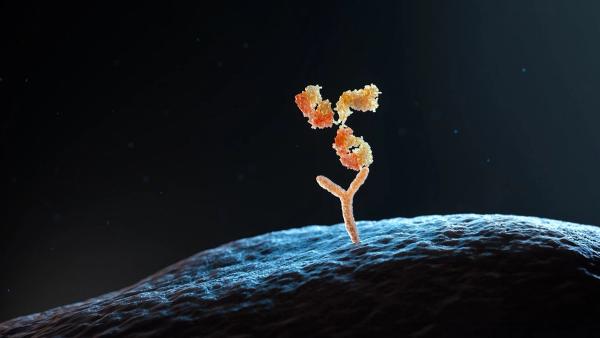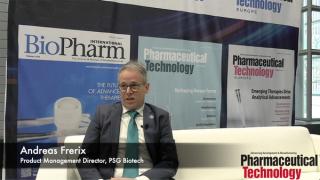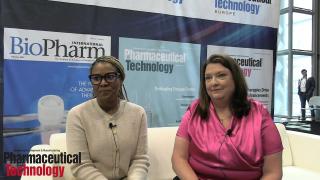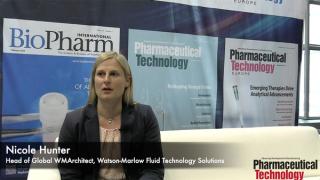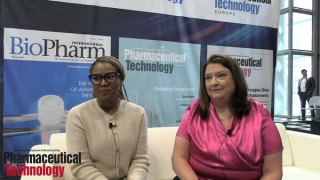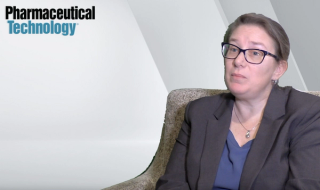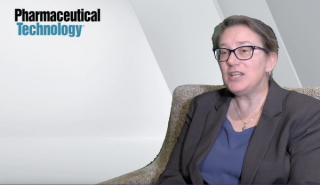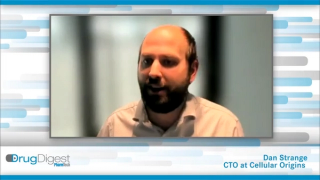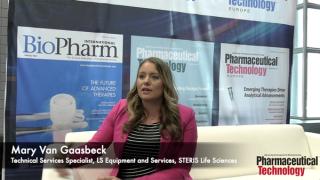
Manufacturing
Latest News
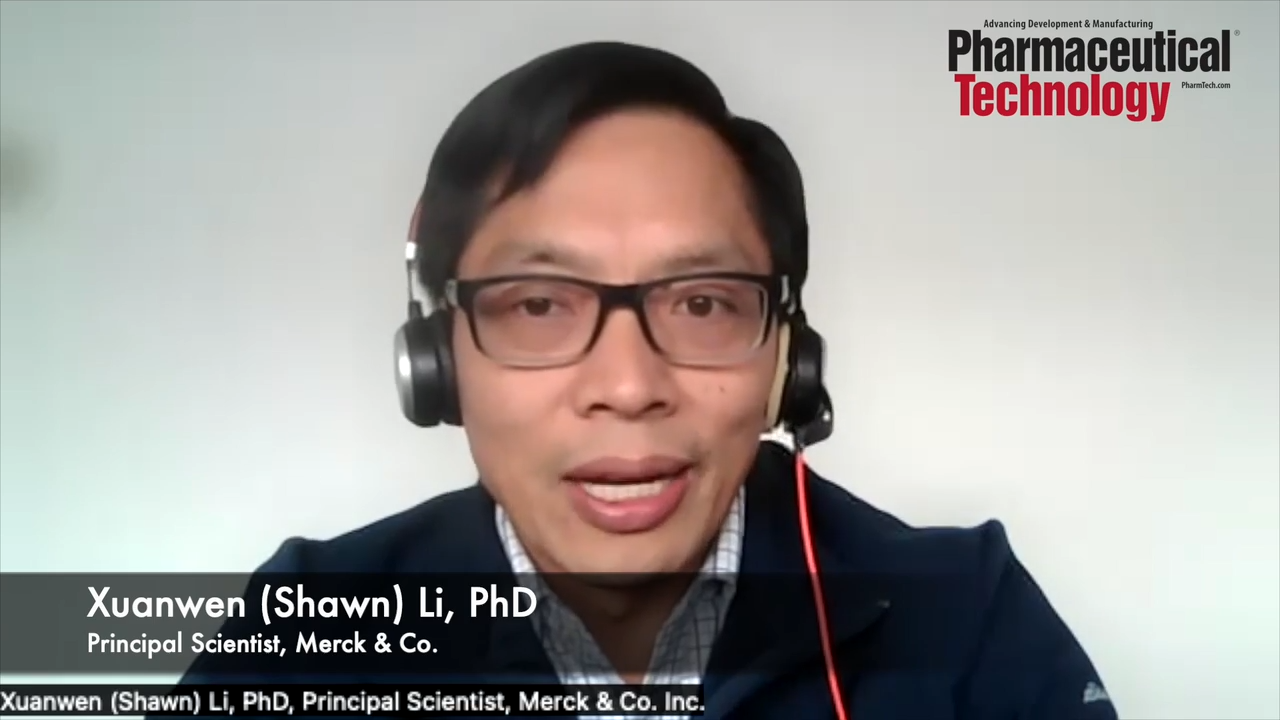
Latest Videos

More News
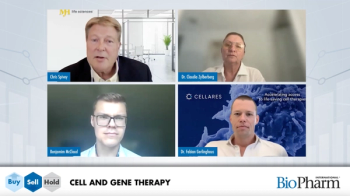
Cell and gene therapy experts Fabian Gerlinghaus, Dr. Claudia Zylberberg, and Benjamin McLeod weigh in on hot topics in CGT.

The establishment of this new center aims to expedite R&D processes, reduce costs, and potentially lead to accelerated discovery of new candidate therapies.

The new center's design will prioritize integration of the entire supply chain, with the aim of accelerating product development and autonomous production capacity in alignment with EU priorities.

SK pharmteco will be the preferred manufacturing partner for AVG-101, AaviGen’s lead gene therapy product.

Evonik's plant-based squalene, PhytoSquene, used in parenteral drug delivery applications, won the CPHI Excellence in Pharma Award in the “Sustainability” category.
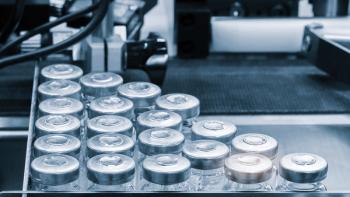
Aseptic fill/finish of biopharmaceuticals requires an understanding of the structure and limitations of each molecule.
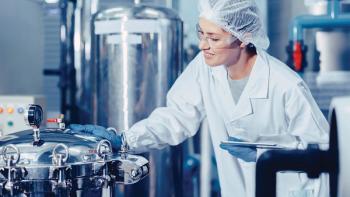
In this article, the authors explored the elimination of a water rinse and blow down following the caustic wash step, examining potential safety considerations, the effect on the quality of the cleaning process, and the potential benefit of implementing this change.
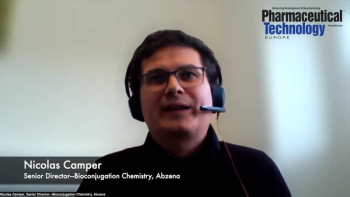
At CPHI Milan, Nicolas Camper, senior director—Bioconjugation Chemistry, Abzena, spoke about new developments in ADC technologies, including the role of complex chemistries.

Solving the challenge of better-stabilized temperature-sensitive biomolecules hinges on innovative formulation strategies.

Thermo Fisher Scientific's launch of its Accelerator Drug Development follows expansions of sites in Cincinnati, Ohio, and Bend, Ore., earlier in 2024 to enable R&D, manufacturing, and testing.
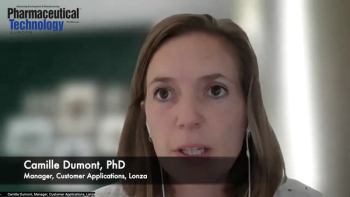
At this year's CPHI Milan, Camille Dumont, PhD, manager, customer applications, Lonza, discussed current industry trends that are impacting oral solid dose formulation work.
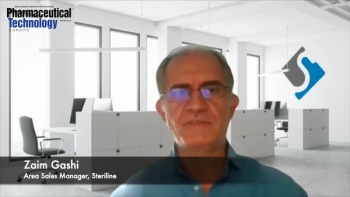
Discussing the Evolution of Aseptic Processing Equipment for Regulatory Compliance (CPHI Milan 2024)
At CPHI Milan, Zaim Gashi, area sales manager of Steriline, discussed the evolution of aseptic processing equipment to stay compliant with current regulations.

Space-time yield is a critical metric for comparison of upstream biomanufacturing processes and can be useful in reducing commercial production costs.
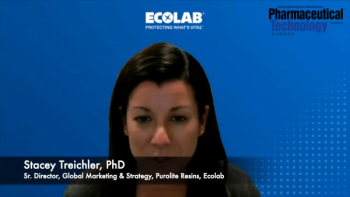
At CPHI Milan, Stacey Treichler, senior director of global marketing and strategy, Purolite, an Ecolab company, spoke about current trends in the biopharma industry and innovations in purification resins .

The annual survey predicts that four of the five biggest biologics capacity holders in 2028 will comprise CMOs, which will control 45% of all CMO capacity in Asia.

Cellevate's nanofiber microcarriers are the first on the market for use in manufacturing viral vectors used in gene therapy production, according to the company.
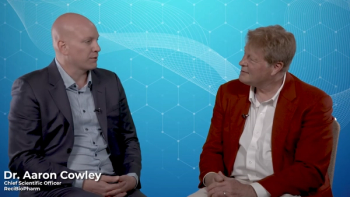
During Bio 2024, Aaron Cowley, PhD, chief technical officer and co-founder, Captozyme, discussed the advancement in development of microbiome-derived therapeutics.

SGD Pharma plans to showcase its siliconized molded glass vials at CPHI Milan as part of its range of sustainable products and services.

This premiere episode of Sexy Science in Pharmaceuticals features Professor Jonathan Pokorski, UC San Diego Jacobs School of Engineering, and Dr. James DiNunzio, Senior Principal Scientist at Merck & Co., Inc. in Rahway, NJ, discussing the benefits of hot-melt extrusion.

Webinar Date/Time: Session 1: Tue, Oct 22, 2024 11:00 AM EDT Session 2: Tue, Oct 22, 2024 2:00 PM EDT Session 3: Wed, Oct 23, 2024 2:00 PM JST

Innovative solutions are making personalized cell and gene therapies accessible to all.

Under a pilot program initiative introduced by the Biden administration, Aaron Cowley, chief scientific officer, ReciBioPharm, talked about the ongoing progress in developing continuous manufacturing for mRNA.
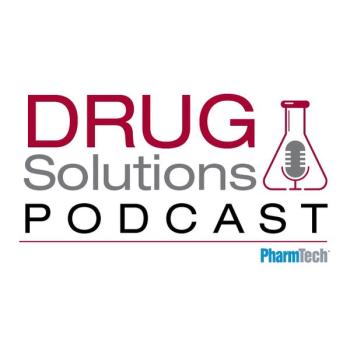
This podcast explores the challenges of and the progress made so far by the biopharma industry toward alternative drug delivering methods for biologic drugs.
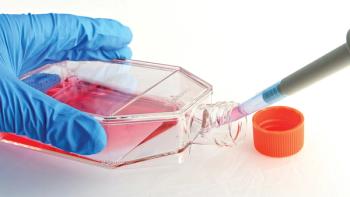
Stable cell line development can benefit from applying integrated analytical technologies.
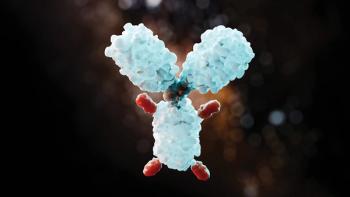
Bringing promising ADC candidates to market faster hinges on the biopharma industry investing in linker design capabilities.


